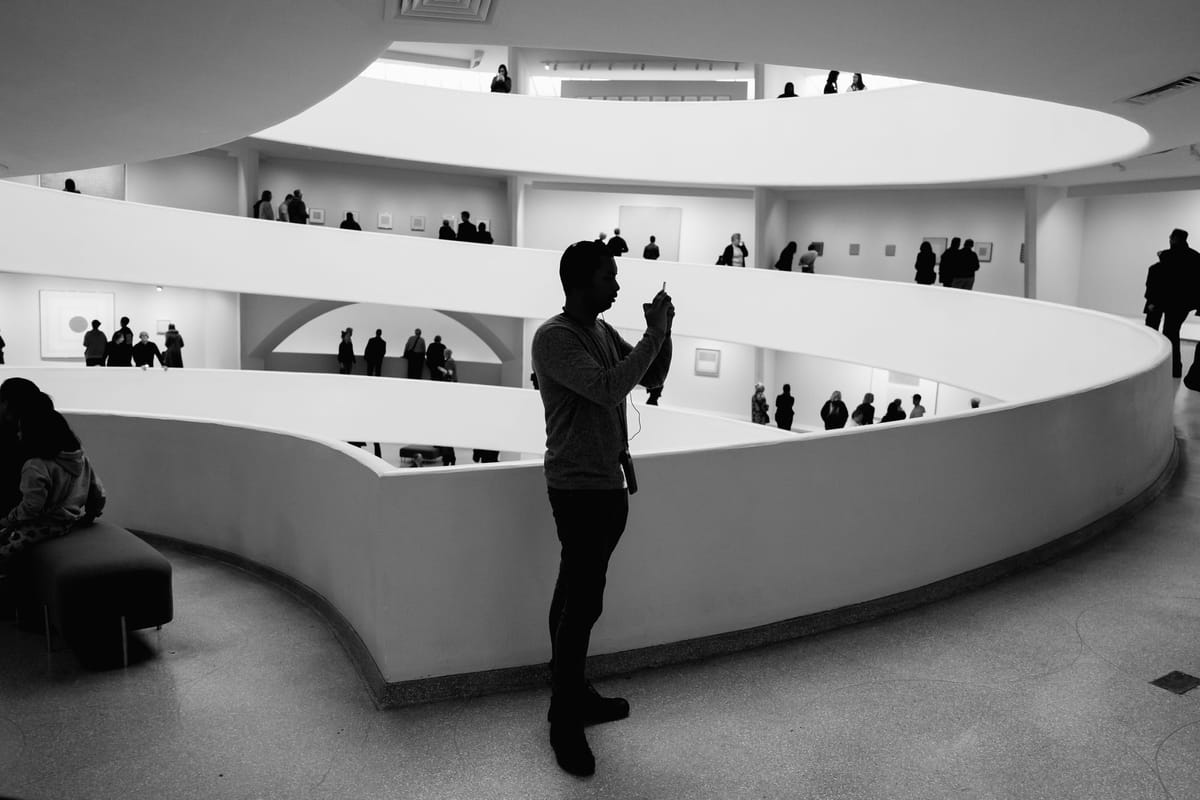The chatty adventures of Mr Robot aka language and autism

hello computer
Hey. Hi. Hello there.
How are you? Am I asking because I am genuinely interested or am I doing protocol? As an autistic person words are complex. You have to read between the lines a lot of the time and I find that complex when someone is speaking because there are no lines to read between. Sometimes there are lines to read between but I’m so fixated on the words I can see that I miss the words I can’t. Other times the typography is just so bad there are no lines to read between. Words are complex.
I have often got into trouble with words. People see me as being something I am not. They might be reading between the lines and when there are no words there what are they reading? My replies can be seen as me being short, snappy, argumentative, or even disrespectful. That is not intentional. I may see my reply as a logical statement based on information provided whereas you may see that as dismissive. How am I supposed to know better when you haven’t given me all the information?

An example might be someone saying “Hi Pete. I just came over to say hello.” My response might be “Ok” because they have done exactly what I believed they said they did. They came over and said hello. Ok. That would appear rude, short, elitist or arrogant. What they are really saying, and remember I can’t read between the lines because this is meat space and there are no lines to read between, is “Hello there human. I am indicating that I know you and see you as a friend. Please acknowledge receipt of my message, lower defences and prepare for friendly discussion.” By me stating a robot like response of “Ok” I appear rude. If that annoyed them they would call me pedantic for being so picky about things.
Autistic people often have these issues. It can feel like everyone else was taught social cues at school on one of those days when you were off ill. At 42 I am having these issues every few weeks. The results can lead to arguments which leads to anxiety and a good few days of depression. I will spend an exhausting amount of time over thinking the situation, blaming myself, doubting future conversations, thinking that I failed and should never try again. All because I forget to forgive myself for failing in a neurotypical world.

Is it my job to try harder to fit in or to educate? I know it is my job to have patience and empathy for others. Should I stop midway through a tense discussion to apologise for my failings or inabilities to see the world in the way someone else does? “Ok I feel like this is going a bad way. Sorry. I’m autistic and sometimes can appear aloof, standoffish, arrogant, disrespectful, harsh, etc.” Is it good to apologise at the expense of appearing to fail? I shouldn’t be apologising all the time should I? Does it shows respect for the other person to take a minute and explain? If English was not your first language you may have communication issues and it might be helpful to let the other person know so they can work around the issue. Accents probably make people aware of a language issue though. Autism is an invisible disability.

There is, strangely enough, an upside to this and it’s based on the movie Airplane! What is it? It’s a big shiny thing that flies in the sky but that’s not important right now… ahem The upside is I have naturally developed a deadpan style sense of humour. The downside is sometimes I’m replying in a simple and effective way to a comment and it comes off as sarcasm or “being a dick.” Airplane jokes taken out of the context of a comedy movie and put into the perspective of someone in the moment might seem rude.
Dr. Rumack: Captain, how soon can you land?
Captain Oveur: I can’t tell.
Dr. Rumack: You can tell me. I’m a doctor.
Captain Oveur: No. I mean I’m just not sure.
Dr. Rumack: Well, can’t you take a guess?
Captain Oveur: Well, not for another two hours.
Dr. Rumack: You can’t take a guess for another two hours?
Funny to the audience. Not great for Captain Oveur who probably thinks the doctor is a bit of a dick.

This issue has oddly been helpful with small talk. I’ve never been one for it but if someone asks me “Hey how’s things?” I answer open and honestly. I’ve found it to be a good method for having an interesting discussion. They were probably just wanting to be friendly and say “Hello.” I find it can be a useful way of working with people on portrait photography commissions as being open is a quick way to breaking down barriers which leads to better portraits.
You mix those two personality traits together and in the right circumstances I am an interesting, fun, thoughtful, quirky and good to work with. I am constantly surprised when I get feedback from a job where the people have really enjoyed working with me. I’m often told I’m great with people. Me? looks at Portrait of Britain 2018 and Portrait Salon achievements on bookshelf One day I’ll believe in myself. One day! Surely I can be serious.

Enough about me. How can I/you do better? Erm. Honestly I’m not sure. Mindfulness in stressful situations perhaps? Patience from both sides of the conversation? I’ve spent an afternoon researching and all I can find is stories about people’s struggles. I can’t find anything useful on dealing with it. It’s one of those classic “Well this is your life forever and ever” type issues that makes you a bit depressed. So I have a skill in some circumstances but also a disability in others. Handy. I feel like a bee trapped by a window. Eventually I’ll get out there but only after smashing into it 1,000 times until I find the gap.

- Communication tips
- Communication and autism — Social communication and autism explained
- Life on the Autism Spectrum – Communication, interaction & autism
- https://www.cambscommunityservices.nhs.uk/docs/default-source/leaflets—community-paediatrics/0044—social-communication-difficulties-and-autistic-spectrum-disorders.pdf?sfvrsn=4
- Autism communication strategies that work | The Spectrum
- Defining language deficits across autism spectrum | Spectrum | Autism Research News
- How talented people with Asperger’s are locked out of the career system
- The Little Professor is Compensating for Something: Theory of Mind and Pedantic Speech | The Artism Spectrum
- I’m Proud of My Autistic Superpowers | The Mighty
weekly prints

For one week only you can get prints of the photos in this weeks newsletter on my print store. So be quick if you see something you like.
This weeks photos are black and white photographs I took in New York over Christmas 2016. They are in no way connected to mental health or autism and I’m not trying to subtly link them. I just thought they were nice photos to put out this week. Hope you like them.
support
There is no paid subscription to this newsletter but there is a tip jar.

beam out
- Purrfect match: cats and their human doubles | Art and design
- The story of the Cardiff cafe that’s specially-designed for people with autism – Wales Online
- I walked the perimeter of Britain – in pictures | Travel
- Different Minds | Autism Scotland
- Trans teens are using TikTok to raise money for their surgery | WIRED UK
- International Pronouns Day 2020 | akt
- ‘The Reason I Jump’ Review: Inventive Doc Puts Autism In a New Light – Variety
- Women of My Generation
Latest coronavirus advice from the National Autistic Society (UK)
Comments ()